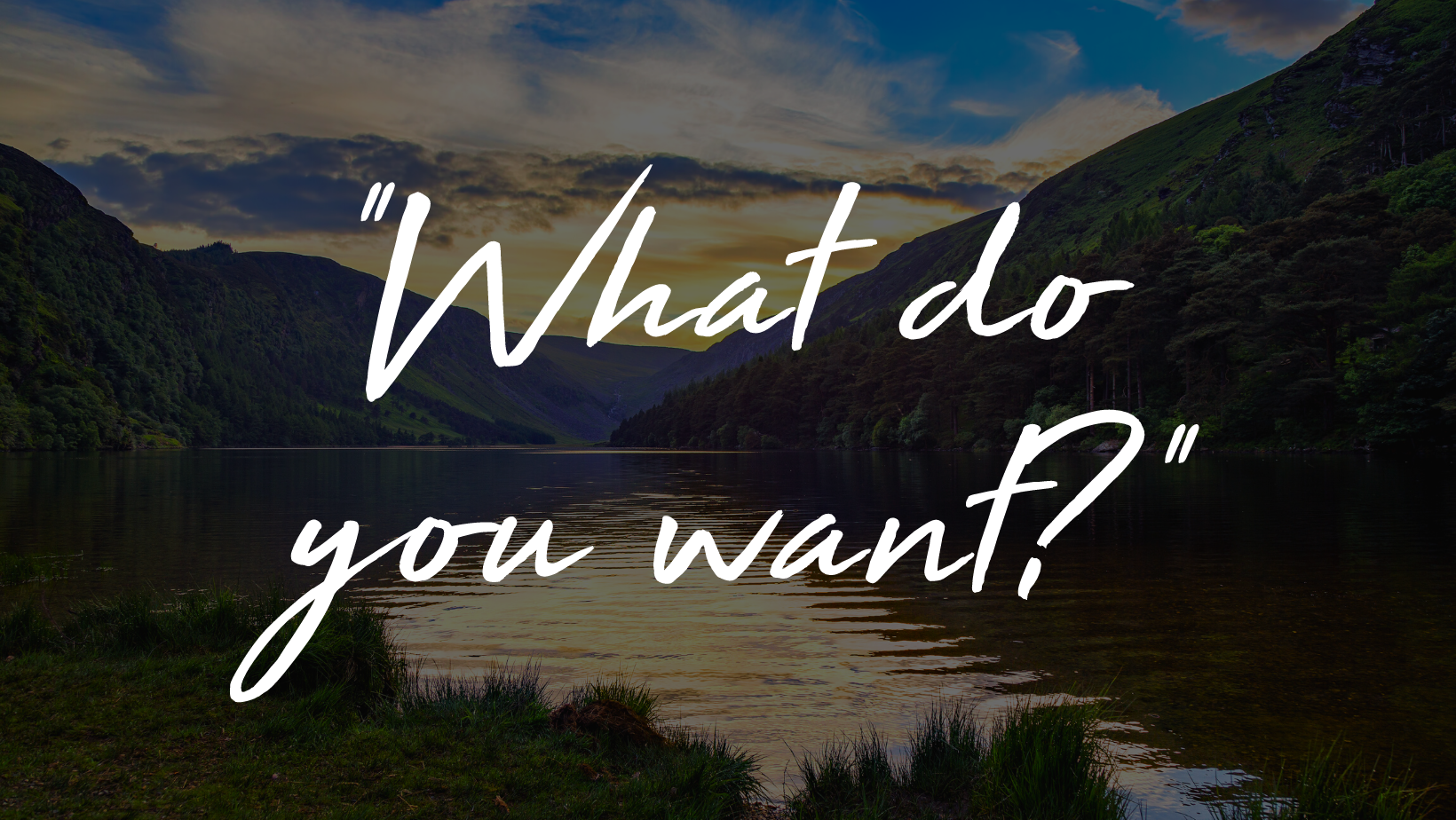Sometimes it feels like the world is falling apart… and then total strangers let you bathe your kids at their house.
The thing about crisis is that it brings out both the best and the worst in people.
As you probably saw, Austin and much of central Texas were hit hard this past week. The snow and ice, sustained sub-freezing temperatures, power outages, food shortages, burst pipes, boil notice, not to mention all of this on top of an already unprecedented time with COVID… really pushed many to a breaking point.
My heart goes out to all who are suffering. While I recognize that there is always a crisis somewhere at any given time, if this one feels dear to your heart, and you want to know how to contribute, this Instagram post offers many opportunities to help.
Now that the weather has warmed, our power has returned, and we are back in our home, I wanted to share some of the lessons I have learned in the last 10 very intense days.
You can’t give what you don’t have. When we are in survival mode, our ability to give is highly impaired. In life, as in crisis, it is imperative to fill ourselves up first so that we have more to give to others.
A little bit of kindness goes a long way. So many people reached out to check in on us this past week, and we felt soooo loved. Those who were able to give us shelter, water, and companionship… were truly a lifeline. Strangers became friends. Friends became family.
Feelings can and do co-exist. It is okay and normal to feel frustrated, scared, overwhelmed, uncertain, angry, or sad. This doesn’t mean you can’t also feel grateful, humbled, relieved, hopeful, safe, or loving.
Consider your reason for comparing. Comparing can sound like “I shouldn’t feel bad because someone else has it worse…” This sentiment typically isn’t helpful, as it diminishes your experience. Your suffering doesn’t have to take anything away from someone else’s suffering. However, if you are comparing as an opportunity to feel grateful and have perspective, that can be helpful (as long as you aren’t saying it to the other person).
Yes AND is more helpful than yes BUT… (just try it).
Self-compassion is key. Relating kindly to yourself and giving yourself permission to have your experience without judgment, but rather with curiosity, is a primary ingredient to getting through crisis and life.
Sometimes it takes extreme circumstances to remember who we really are. When the pipes burst in the house where we were staying with our friends/neighbors, I was able to dig deep and manage the situation with the adventurous spirit of my early 20’s. I thought to myself, “I’m still in there.”
Surviving is good enough until it isn’t. Once you are out of survival mode, then and only then, do you have an opportunity to choose thriving. Thriving doesn’t mean you won’t feel the full range of feelings, it means that when desired you can find your way back to center.
What are some of the lessons you've learned from a challenge you faced (this week or literally at any point in the last year)?
And, if you are still in a tough spot, it’s okay to not know what your lessons are yet. Be gentle with yourself in the meantime.
As Marianne Williamson may have said, “Teach from the resurrection, not from the crucifixion.”
To growth through suffering,
Laura Jack
If you need a little support to turn pain into purpose, feel free to watch my free training here.
















